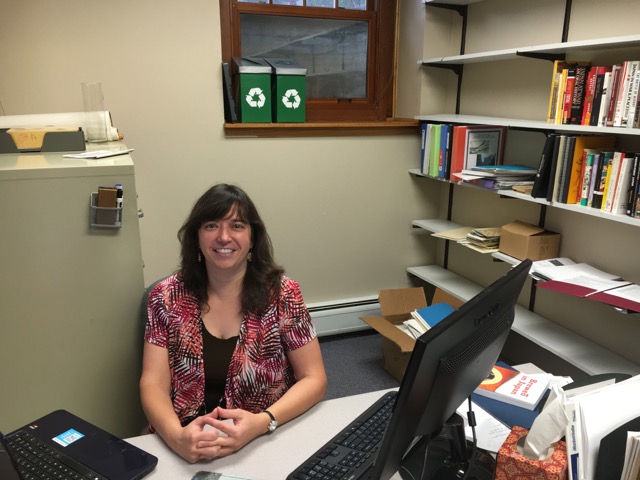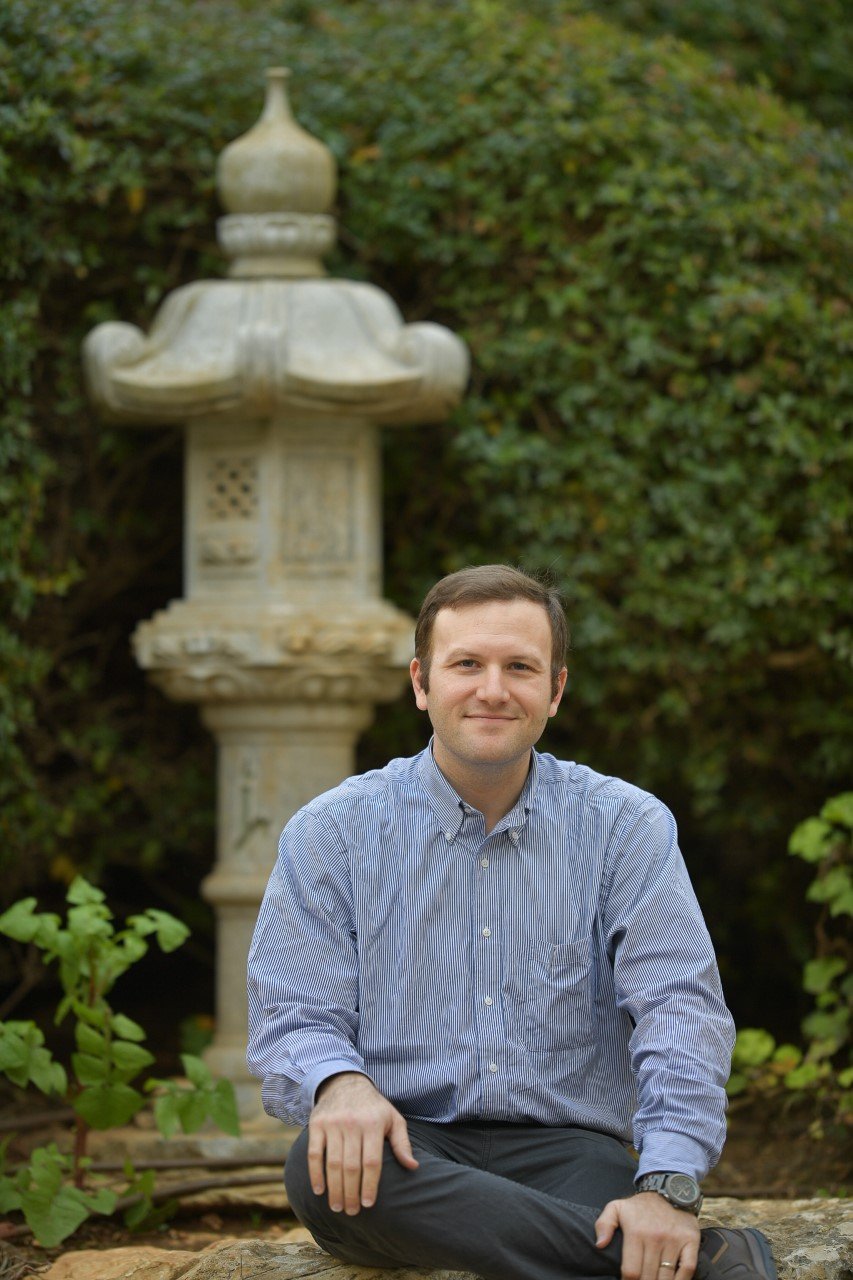Members
The Project for Premodern Japan Studies has trained scholars who are working all over the world. Below are some of our members and current graduate students.
Rieko Kamei-Dyche
Rissho University
After spending several years at Hitotsubashi University as an international coordinator I moved to Rissho University, one of the oldest private institutions in Japan, as an assistant professor in the Faculty of Arts. I teach courses on premodern and modern Japanese history and literature. I am also responsible for coordinating international student education and our exchange programs, as well as being involved in curriculum design. In addition, I teach survey courses in Japan studies to foreign students at Daito Bunka University.
Janet R. Goodwin
University of Southern California
Janet R. Goodwin is an associate-in-research at the USC East Asian Studies Center and an associate faculty member of the Center for Japanese Religion and Culture. As professor of cultural studies, she was a founding faculty member of the University of Aizu in Aizu-Wakamatsu, Japan. She has a PhD in Japanese history from the University of California, Berkeley, and has taught at several universities in the U.S., including USC and UCLA—sometimes even at the same time, but never during football season!
Her publications include Land, Power, and the Sacred: The Estate System in Medieval Japan (edited, with Joan R. Piggott; forthcoming, University of Hawai’i Press); Selling Songs and Smiles: The Sex Trade in Heian and Kamakura Japan (Hawai’i 2007); and Alms and Vagabonds: Buddhist Temples and Popular Patronage in Medieval Japan (Hawai’i 1994), along with a number of articles, translations, reviews, and conference presentations. Her current research focuses on outcasts and marginals in medieval Japan.
Michelle Damian
Monmouth College
After completing a postdoctoral year at Harvard University’s Reischauer Institute of Japanese Studies, I have started a position as an assistant professor in the History Department of Monmouth College in Illinois. As the first East Asian historian here in over twenty years, there is the excitement and challenge of putting Asia on the curricular map. This year I will be teaching classes on the Pacific War, the History of Samurai, the business history of modern East Asia, and premodern Japanese material culture. The college community has been very welcoming, with plans to incorporate Japan in the annual “Classics Day” activities while considering ways to move forward with creating an Asian Studies minor in the curriculum.
Sachiko Kawai
National Museum of Japanese History
Dr. Sachiko Kawai specializes in premodern Japanese history with a focus on women, their landholdings, and gender power relations in the medieval period (c. 1100-1600). After receiving her Ph.D. in History at USC, she taught graduate and undergraduate courses in the East Asian Languages and Civilizations Department at Harvard University. In the following year she continued her research at the Edwin O. Reischauer Institute of Japanese Studies at Harvard. From January 2020, she started her assistant professor position at the National Institutes for the Humanities (NIHU)/ National Museum of Japanese History (Rekihaku). There she has embarked on new research on hot springs and bathing culture in premodern Japan. She is also participating in different projects organized by NIHU and Rekihaku, including a collaborative project called the Multidisciplinary Research on the Engishiki: Japan’s Ancient Encyclopedia, and she is currently translating this important primary source into English.
Dan Sherer
Hebrew University of Jerusalem
Dan Sherer is a lecturer in Asian Studies at the Hebrew University of Jerusalem. He is a historian of Pre-modern Japan who focuses on the Sengoku period (roughly the 15th and 16th centuries). Dr. Sherer's current project considers how the Kyoto temples of the Nichiren Buddhist sect survived the turbulent 16th century. The project utilizes documents left behind by the Council of Head Temples, a governing body that allowed Nichiren temples to negotiate with the imperial court and powerful warriors as a unit, rather than temple by temple. This Council allowed them to see their way through one of the most violent periods in Japan’s history without taking up the sword themselves. Dr. Sherer teaches courses on Premodern Japanese History, Japanese Religion, and the Japanese warrior.
Kristina Buhrman
Florida State University
After a year as a visiting professor at the University of Missouri’s Religious Studies program, Dr. Kristina Buhrman joined the Department of Religion at Florida State University, where she teaches courses on Buddhism, religion in Japan, the samurai and ethics, folk religion and culture, along with premodern languages. Her research is on of the history of knowledge in classical and medieval Japan; particularly that involving Onmyodo (a loosely-defined system of divination and propitiatory rituals that drew from Confucian, Daoist, and Buddhist traditions), as well as related fields such as astronomy and astrology. She has published articles on various subjects including historical memory and disaster, the history of science in pre-1600 Japan, and astrology during the mid-Heian Period.
Nadia Kanagawa
Furman University
Born in San Diego, and raised in St. Louis, Nadia graduated from Yale with a B.A. in History. She then received a Richard U. Light Fellowship and moved to Yokohama, Japan to study at the Inter-University Center for Japanese Language Studies for 10 months. After completing the IUC program, Nadia moved to Tokyo and worked at Google in Japan for three years before returning to the US and to academia in the fall of 2011. Her research interests include early state formation in Japan, immigration from the Korean peninsula to Japan in the 6th and 7th centuries, and archaeology.
Program Students
Jillian Barndt
University of Southern California, PhD
Jillian grew up in Philadelphia, Pennsylvania. She received her B.A. in History and East Asian Studies from Bryn Mawr College in 2010. After undergraduate, she attended the Inter-University Center for Japanese Language Studies. She received her M.A. in East Asian Interdisciplinary Studies from the University of Alberta in 2013. Jillian entered the Ph.D. program in the History department at USC in Fall 2013. Her research interests include education, gender and sexuality in the Heian Period, particularly the political agency of women and marriage politics within the Fujiwara clan. In 2016, Jillian received a Fullbright Fellowship to study at premodern education at the University of Tokyo.
Emily Warren
University of Southern California, PhD
Emily Warren’s research focuses on the history of food prior to the seventeenth century. She is particularly interested in the development of pre-modern cuisine, and currently studying the affect of supply lines and taxation on the development of food culture. While a graduate student at USC, Emily received a Japan Foundation fellowship for research at the University of Tokyo’s Historiographical Institute from 2019 to 2021. She is also affiliated with the National Museum of Japanese History’s ongoing Multidisciplinary Research on the Engishiki: Japan’s Ancient Encyclopedia where she has completed a forthcoming translation on the palace kitchens’ protocols. She is currently a postdoctoral scholar at the Kyoto Institute, Library and Archives, where she is researching fifteenth-century temple banquet culture.









